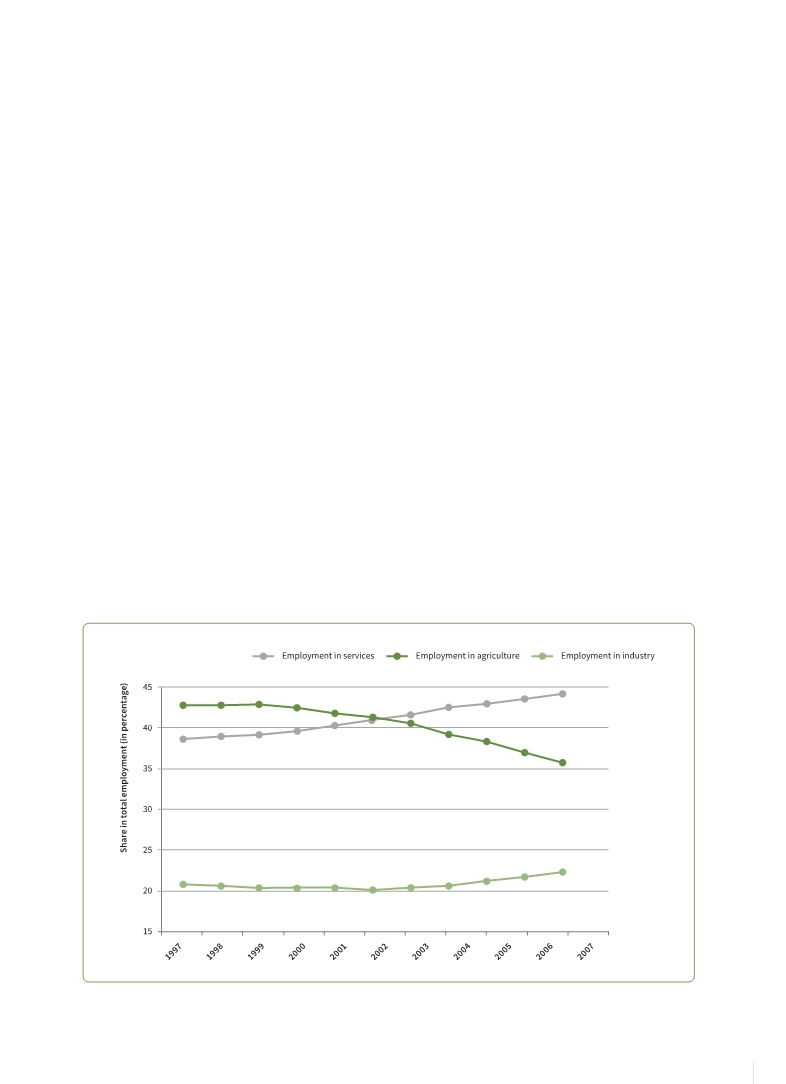 |
Global Assessment Report on Disaster Risk Reduction 2013
From Shared Risk to Shared Value: the Business Case for Disaster Risk Reduction |
 |
Global Assessment Report on Disaster Risk Reduction 2013
From Shared Risk to Shared Value: the Business Case for Disaster Risk Reduction |
|
|


|

152 Part II - Chapter 10
Agriculture remains a key sector in the global economy even as industrial and service sector growth continues. Moreover, in several regions, agricultural production increases at a staggering rate—for example, in Latin America, it increased 50 percent from 2000 to 2012, and in sub-Saharan Africa, more than 40 percent (FAO, 2012a
FAO (Food and Agriculture Organization). 2012a.,The State of Food and Agriculture. Investing on agriculture for a better future., Offi ce of Knowledge Exchange, Research and Extensio, Rome,Italy.. . is giving a boost to the role of the agribusiness industry in mediating food production, distribution and consumption.
Many low and middle-income countries significantly depend on food exports. And agribusiness’ role in creating income and employment opportu-
(Source: ILO, 2012
ILO (International Labor Office or Organization). 2012.,Global Employment Trends 2012., Geneva,Switzerland: ILO. . Figure 10.1 Contribution of agriculture to global employment (1997–2007)
The agricultural sector and with it, the agribusiness industry, has particularly high levels of disaster risk. Disasters in this sector are not only disasters for businesses, large or small, but also significantly affect rural societies, urban households, national and global commodity markets and food security. In the localities and regions where these investments are being made, already limited access to fertile land by smallholder farmers may be further reduced. In a context of increasingly constrained global food markets, the spread of agribusiness investments into regions with high but poorly understood agricultural drought and other hazards generates risks of future and more severe food price spikes. This poses a greater threat to the food security of households in low income areas than drought itself. But new practices are emerging that match investment opportunities for private companies with infrastructure and service gaps in under-developed markets, particularly in Africa. Partnerships are developed that aim to increase the productivity and resilience of smallholder farmers, contributing to local and national food security. |



 |
